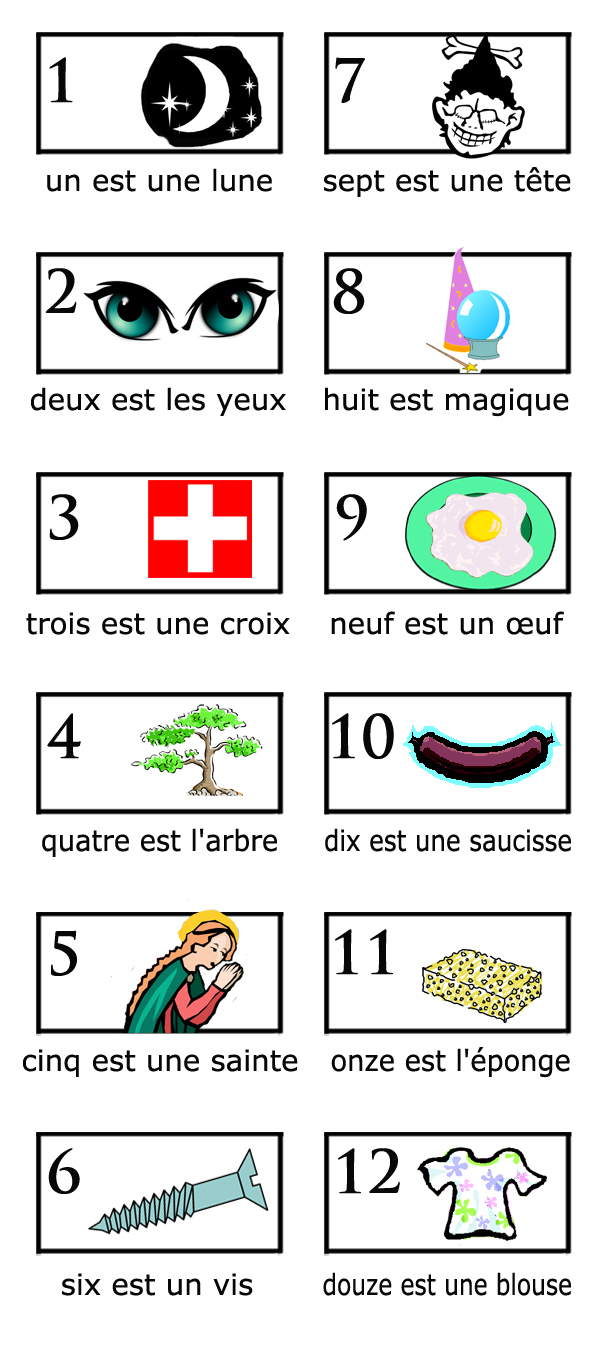Most mnemonic strategies use visual images. But as I say in The myth of imagery, while there is no doubt that imagery can be an effective tool, there is nothing particularly special about it. The advantage of imagery is that it provides an easy way of connecting information that is not otherwise readily connected. However, providing verbal links can be equally effective.
- Strategies
Everyday Strategies
- Lifestyle & Aging
Lifestyle
- Sleep & Circadian Rhythm
- Problems
Forgetting
Absentmindedness
Cognitive Impairment
- How Memory Works
Types of memory
Individual Differences
How the brain works
